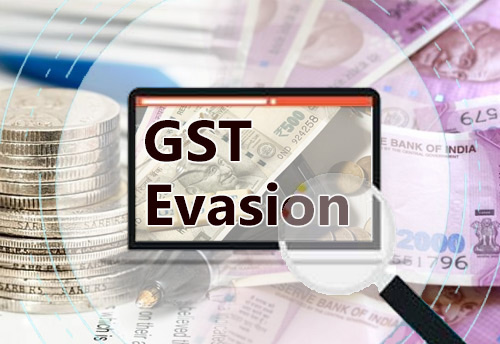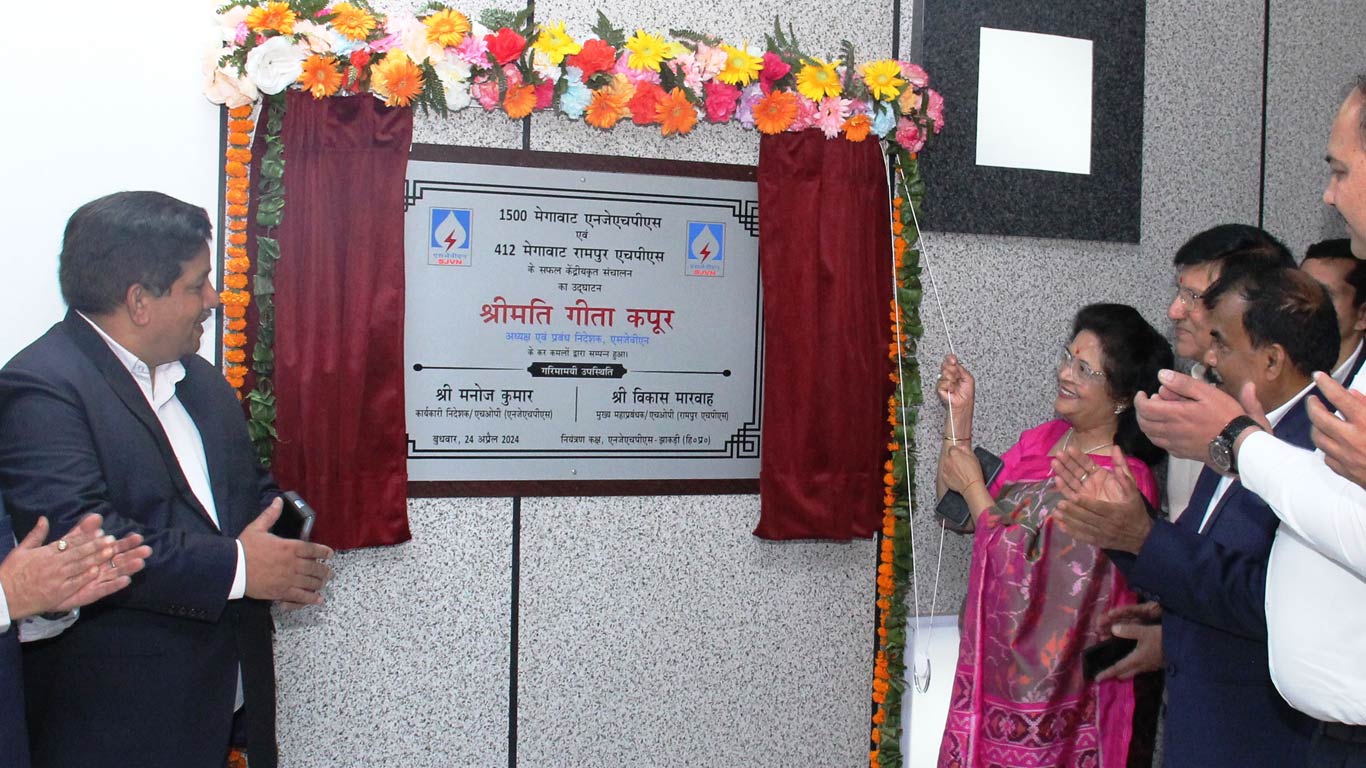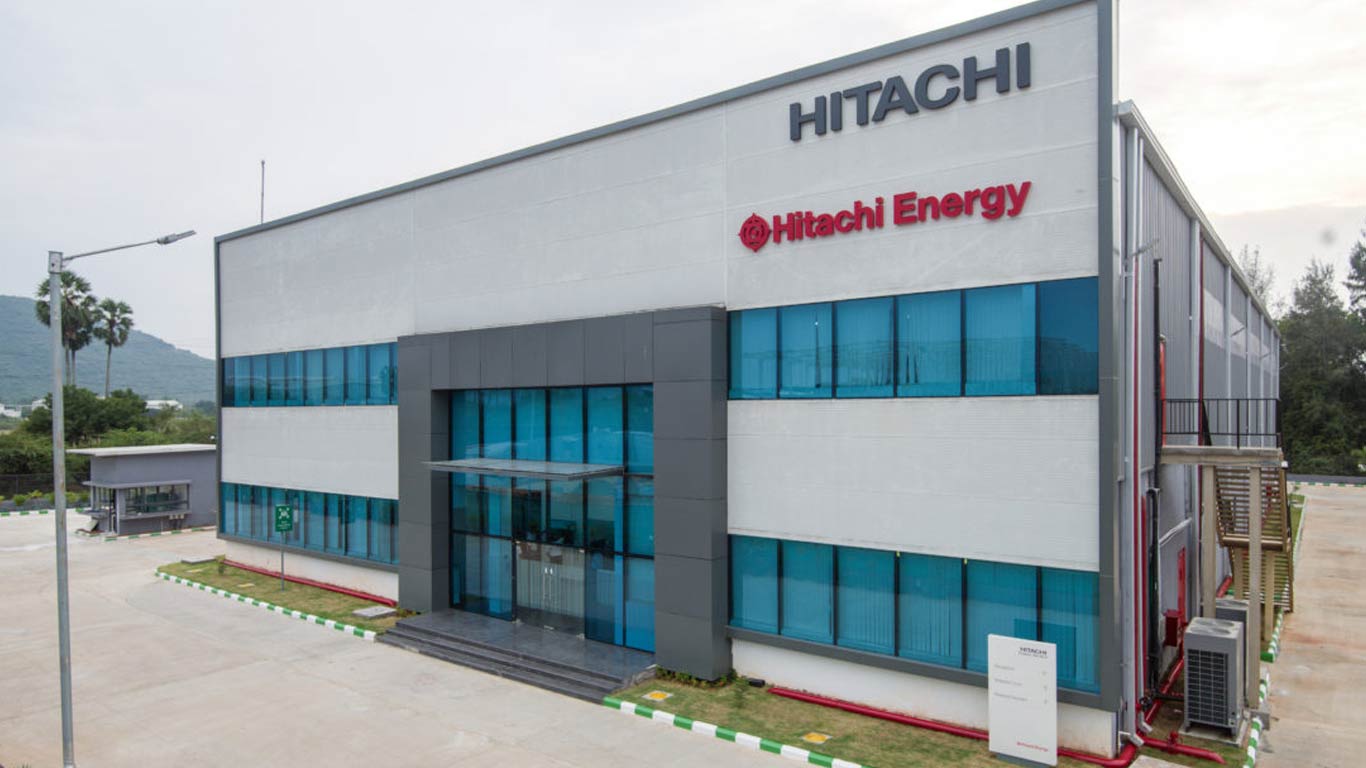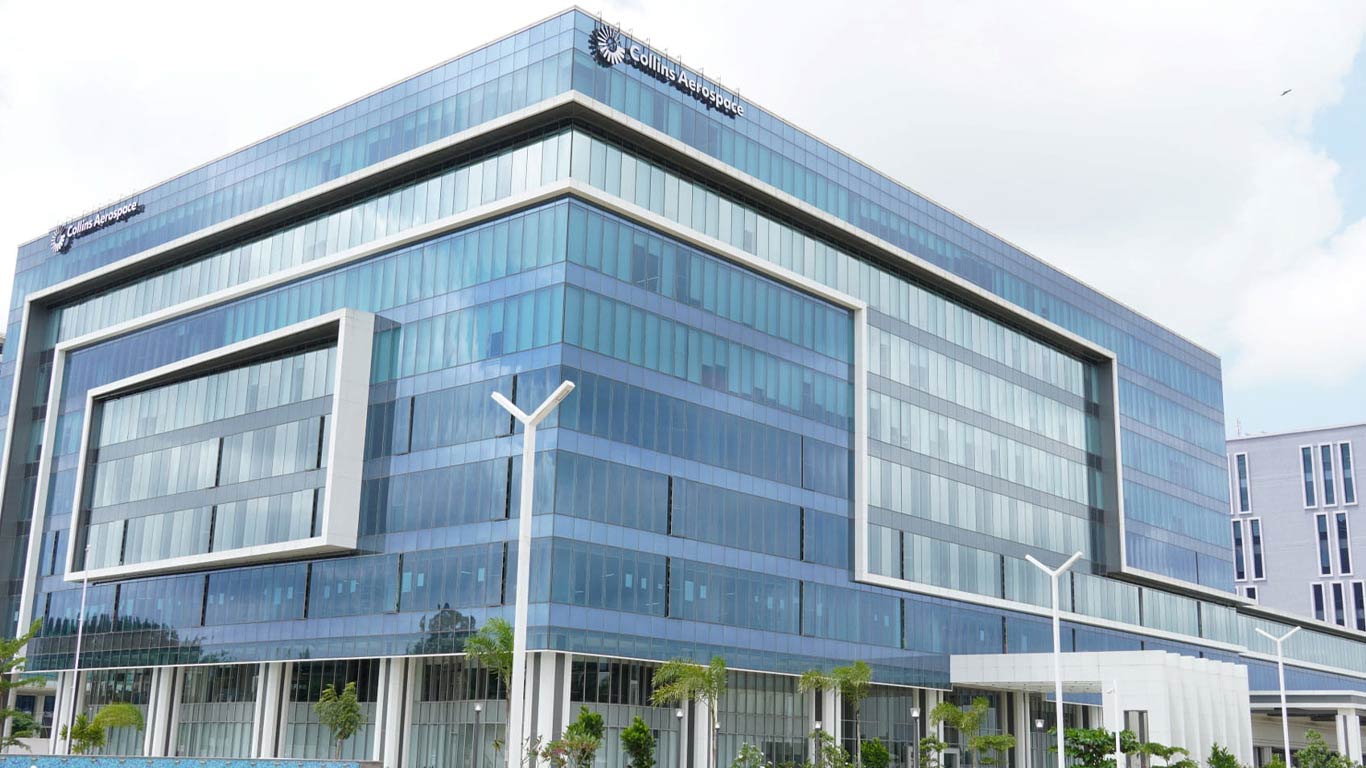GST Council may tighten rules to curb tax evasion
Updated: Jun 17, 2019 09:06:37am

GST Council may tighten rules to curb tax evasion
New Delhi, June 17 (KNN) Goods and Services Tax (GST) Council is planning to take some steps to curb tax evasion in its first meeting to be chaired by new finance minister Nirmala Sitharaman on June 21.
The government plans to increase scrutiny on businesses amid lower-than-expected GST collections after handholding them through the first two years of the tax reform. The 35th meeting of the GST Council will seek to introduce compliance requirements, initially on big businesses and eventually on all merchants to curb tax leakage.
Generation of e-invoices will improve transparency of transactions and act as an extra layer of regulatory oversight on transactions of large companies.
One existing safety feature in the GST framework is the rebate for taxes paid on past transactions in the value chain that forces buyers and sellers to keep a tab on each other.
Experts said the benefits of the tax reform would now start becoming visible. “In the pre-GST era, the common man was used to much higher tax burden due to the cascading effect of taxes. Now it has come down.
Since the initial period of disruption is ove so the benefits of liberal and nominal tax rates will accrue to the economy in the coming years. The fruits of indirect tax reform will be felt in the near future,” said V Lakshmi Kumaran, managing partner at Lakshmikumaran and Sridharan Attorneys, a law firm.
A serious tax evasion concern that tax authorities have been grappling with is the multiple use of e-way bills generated for transportation of goods to suppress the actual value of the supply of items. Validating e-way bills with the data generated by radio-frequency identification-enabled vehicles’ payments at toll plazas is expected to curb this practice, said the person.
Geo-tagging of companies for GST compliance will take enforcement activities under the indirect tax system to the next level. At present, the ministry of corporate affairs (MCA) is implementing a geo-tagging scheme for companies aimed at identifying every active company and the people behind them.
Pooling the geo-tagging information available from the MCA database with the data generated by indirect tax authorities will help in verifying the credentials of different parties to a transaction.
With revenue receipts below targets, the central government, which has the Constitutional obligation to compensate states for their revenue shortfall in the first five years of GST implementation, and states that worry about loss of revenue in the subsequent years are keen to gradually increase enforcement measures. No big tax rate cut is likely in the forthcoming meeting of the council.











